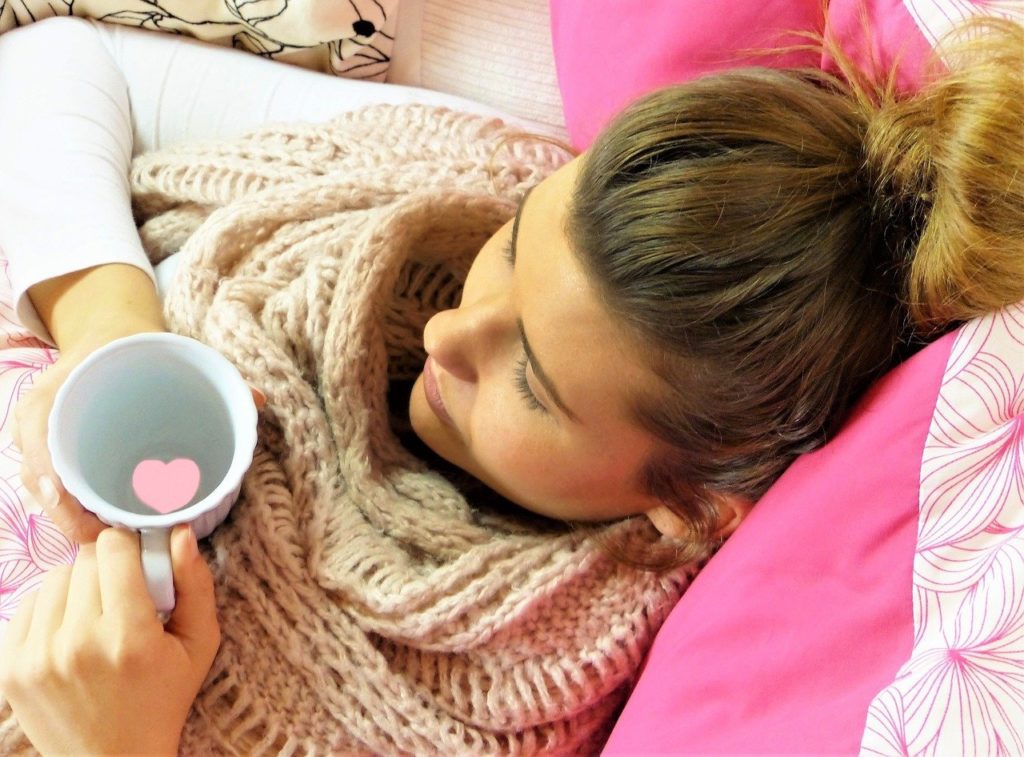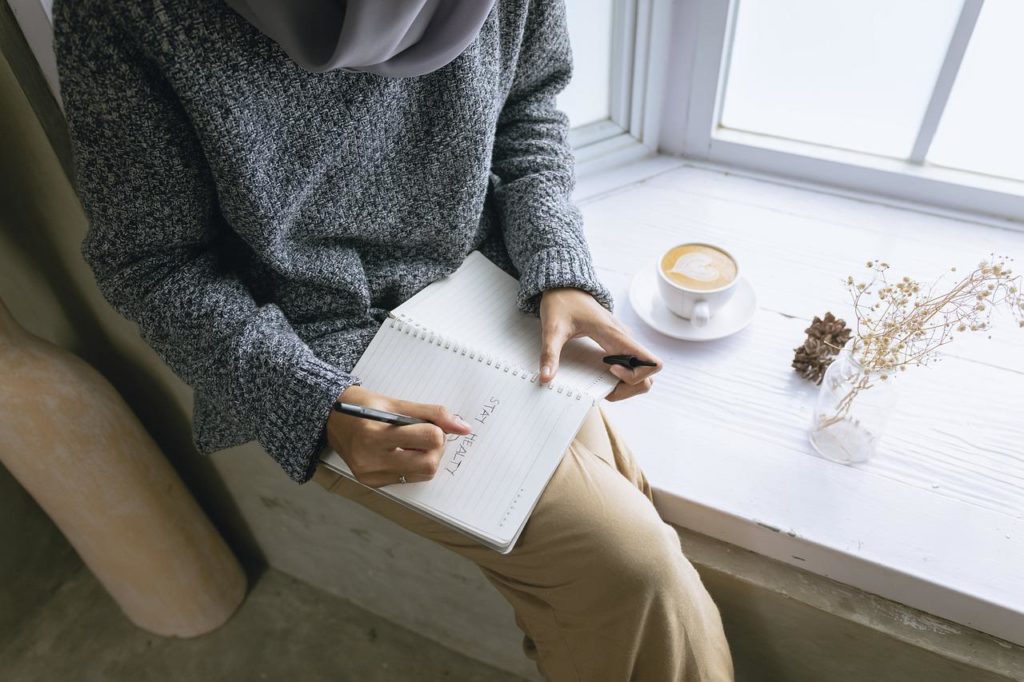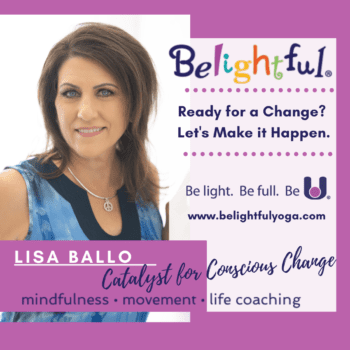If you’re making it through every busy day without having a routine of some sort, then kudos to you. That’s quite a feat these days.

With most of us having to work, care for loved ones, clean, cook, exercise, etc., it’s all too easy to get overwhelmed and burnt out.
Plus, with so much to be done in a day, it can seem impossible to find time for enjoyable activities. When’s the last time you took a walk with your family, participated in a lunchtime yoga class, or got caught up on reading? This is where a routine can be very helpful.
The Beauty of Having a Routine
As young children, we become accustomed to some sort of routine that carries through adolescence. For example, many kids go to school, do homework, attend to chores, then have some time to play. This is their general schedule each weekday, with some variation on weekends.
When we become adults though and life makes far more demands, we can easily lose sight of the benefits of a routine. Having some sort of prescribed routine each day can help us reduce stress, create healthy habits, and more effectively cope with change.
In fact, studies show that routine not only offers physical health benefits, but the impact on mental health is equally impressive. From alleviating bipolar symptoms to preventing substance abuse, establishing a daily routine can have far-reaching effects.
It’s especially helpful when dealing with anxiety, depression, and traumatic stress.
How Routine Helps Combat Mental Health Challenges
Tackling everything on your to-do list is daunting on a good day. But when you’re struggling with a major mental health condition, that list becomes insurmountable.
Creating a daily routine that includes time for exercise and proper sleep is of tremendous help. Not only is your body better primed for dealing with life at large, but it knows what to expect. And this alleviates anxiety about the unknown.
Having a set schedule for accomplishing everyday life activities such as work tasks, chores, paying bills, and exercising makes it easier to accomplish them. That’s because they become habitual.
Another bonus of creating a routine is it allows you to carve out time for the creative activities that really make you tick. Once you schedule that time to paint, write, or play music each day, you’re committed. And engaging in creative work is one of the best ways to manage depression, anxiety, and traumatic stress.
Ready to Establish Your Own Routine?
You may now be feeling motivated to develop your own routine. It’s important to understand though that it’s difficult to commit to a complete overhaul of your schedule. Chances are, if the change is too extreme, you won’t stay with it.
One of the best pieces of advice from skilled life coaches in this situation is to start slowly. Try to pick a few small things each week you can change. Perhaps you ease up on social media this week and replace that time with something more positive like a creative endeavor or visiting with a friend.
Also, reduce your options wherever possible. If your closet is cluttered and you get stressed out trying to pick out your clothes each day, take some time this weekend to declutter. And if making dinner each night feels like too much, have some go-to weeknight meals that you can make in double batches, then freeze for next week. Even clearing extraneous content from your DVR can restore time lost trying to decide what to watch.

If it feels overwhelming to think about all of this, then write it out in a notebook. Think about all you do in the course of a week. You will be able to see more clearly where you can reduce and what you can cut. And be realistic about your current patterns. If you’re a hardcore meat-eater, this may not be the week to start a totally vegetarian diet. Again, take it slowly.
Be Patient… and Flexible!
Just as it can take anywhere from 18 to 254 days for a new habit to stick, you’ll need to give yourself plenty of time to form your new routine. Generally speaking, though, once you’ve stuck to a routine for three weeks, it’s likely to stick.
Try to avoid being too dogmatic though. Your routine will eventually feel grounding and like second nature. But if some aspect stops working, you’re not relinquished to doggedly maintain the new routine. By being able to adjust and modify when something is no longer beneficial, you’ll keep your routine fresh. Even just a subtle change can revitalize your whole day.
Is a Routine in Your Future?
Now that you see the benefits of having a routine, you may want to give it a try for yourself. But maybe you need a little help to make that happen.
Contact us today to talk with one of our qualified life coaches about how to get started. And if you’re looking for mindfulness practices in addition to our coaching services, we offer those too!
So don’t hesitate to reach out.



